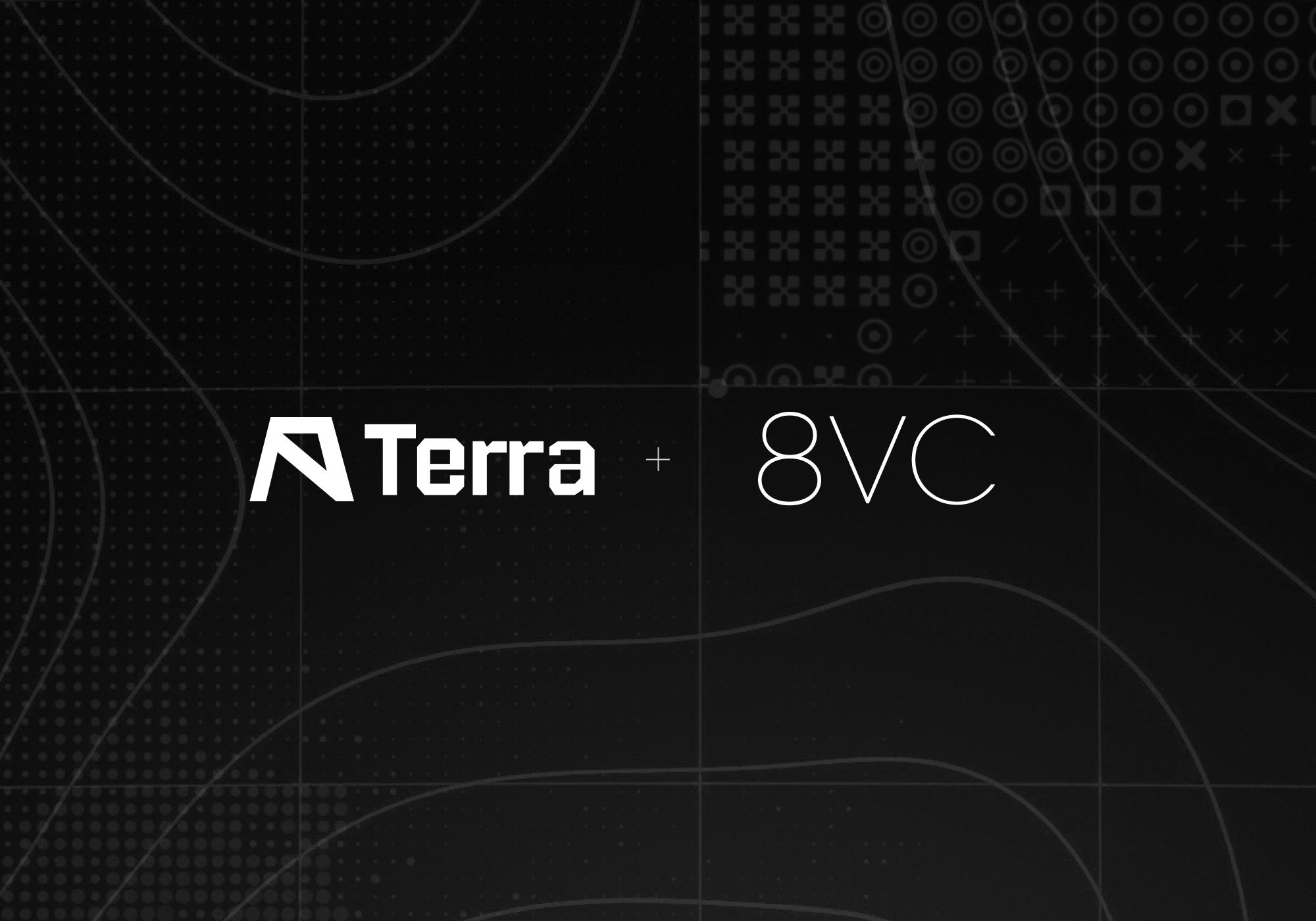Televising the Application Revolution: 8VC’s Journey with Yugabyte and Yugabyte’s Series C Announcement

Share

By Bhaskar Ghosh, Vivek Gopalan, & Jack Moshkovich
The New Smart Enterprise is here.
At 8VC, we have been continually enamored by the digital revolutions taking place within many pivotal and economically important enterprises as they adapt to the modern age. The first principles of The 8VC Smart Enterprise Wave (2013) — disrupting industries with data integration, automation, systems of new data ontologies, and real intelligence — have been core to our fund’s thesis since its formation. In parallel with this secular pattern of company formation, there has also been an important emergence of communities of applications developers that take advantage of new development frameworks to create enterprise products at a blinding pace. These trends combine in the form of disruptive applications that are displacing traditional enterprises by building intelligence upon massive volumes of data available in the status quo.
We believe software-first enterprises have reached an inflection point — being cloud-native, data-driven, and API-centric are no longer nice-to-haves, but necessities — and this paradigm shift has created net-new requirements for software to solve.
With Data-driven, Cloud-Native Applications.
The application revolution in modern enterprises has prompted a fundamental rethinking of the data tier. Modern stateful applications require the ability to support diverse access patterns, scale those offerings across many geographies and disparate backends, and have a simple and intuitive control-plane to manage underlying infrastructure. This necessitates solving a very hard set of problems, such as consistently replicating data across a distributed infrastructure, maintaining continuous availability, and being resilient to many modes of failure, to name but a few. Thus, any company that hopes to become the de-facto enabler of application development must solve these problems out-of-the-box for their customers.
Ultimately, the goal state is a world in which our old friend Martin Kleppman’s blessing in Designing Data-Intensive Applications comes true: “May your application’s evolution be rapid and your deployments be frequent.” This is where YugabyteDB, the multi-API, cloud-native database of the future, becomes essential.
YugabyteDB as the database of the future.
To understand the benefit that YugabyteDB provides, one must first recognize an important tradeoff that every application developer currently faces; the dreaded choices thrown up by the CAP theorem, which include the tradeoff between strong consistency and horizontal scalability. Strong consistency describes the paradigm in which every transaction that an application makes with its database yields an end state (either success or failure) that is identical across every user querying the system in parallel. Traditionally, this has only been available in relational databases that provide a SQL API. Though this might seem like the only reasonable choice, the sheer scale of data throughput required by modern applications makes this model prohibitively slow, leading to the creation of NoSQL databases. These allow for eventual consistency (guaranteeing that if a given Write record is changed, after some time all Read replicas of that record will become identical) in order to massively increase the amount of data throughput, while trading off freshness.
Yugabyte has developed a product that makes this tradeoff near-obsolete. By building a database that can handle highly demanding workloads whilst maintaining rigorous consistency guarantees, they have positioned themselves as the logical successor to online transaction processing (OLTP) databases such as Postgres and Cassandra.
Yugabyte’s cloud architecture will additionally have to support developer demands by offering many different query APIs and hosting architectures (on-prem, customer VPC, fully managed SaaS, etc.). This also leads to interesting go-to-market motions (top-down enterprise sales vs. bottom-up/developer-driven) that only a skilled, hybrid product-sales centric culture can seed and scale — but more on that in another blog post.
Without open source, the application revolution will not be televised.
Open-sourcing YugabyteDB in 2019 was an inflection point for the company’s product and business journey, and Yugabyte’s open-source community has been extremely powerful for a number of reasons. First, it has accelerated their full wire-compatibility with popular databases like Postgres and Cassandra, allowing existing businesses to seamlessly migrate to Yugabyte without having to re-architect application code. Second, it has enabled fast feedback loops, where the community members can opine on the direction of the OSS project and allow Yugabyte to achieve product-market fit much faster than could otherwise have been expected, simultaneously giving them early access to the aforementioned groups of application developers using, for example, the JAMstack architecture and GraphQL APIs.
In addition to becoming the data tier for modern app developers, YugabyteDB SQL compatibility has made them the preferred digital transformation partner of many enterprise clients of IBM DB2 and Oracle OLTP systems, which alone account for billions of dollars in annual revenue. To summarize, the power of their product has allowed them to cater to both the past and the future, enabling them to take a massive slice out of the pie of enterprise spending on databases and digital transformation.
But only exceptional teams can take this on.
To many, the task of building a cloud-native distributed-SQL database seemed impossible, but the Yugabyte team is uniquely positioned to take on the challenge. Their founders, Kannan, Karthik, and Mikhail, have been at the forefront of database technologies for decades and have built some of the most robust systems in the space. Having developed massive, hyper-scale data-centric platforms inside of Facebook, Oracle, and Nutanix, this team has a proven record of solving incredibly complex problems, such as creating Cassandra and HBase.
The founders’ extensive background in the world of databases has also provided them with an unfair advantage: their hiring engine. Their strategy is simple: bring all the superstars from their collective past lives together. This has allowed them to form one of the most comprehensive and impressive technical teams we have ever seen (including a team in India that was scaled in record speed), allowing them to generate phenomenal traction, define and accelerate their enterprise and cloud offering, and build a sizable and active open source community. Yugabyte’s CEO Bill Cook, a longtime Silicon Valley leader, joined them after the 8VC-led Series B and has presided over a stunning expansion and acceleration of the GTM motion, culture, and team. It speaks to Kannan and Karthik’s maturity and wisdom around how well, as founders who led the company previously, they have supported and created space for Bill as the new CEO.
And on to the 8VC + Yugabyte story.
8VC’s relationship with the Yugabyte team started many years ago when our partner and CTO, BG (Bhaskar Ghosh), wrote code with Kannan for the Oracle RDBMS. Thanks to Deepak Jeevankumar (BOD member), they reconnected in late 2019, and in February 2020, our investment team dove into the product Yugabyte was building. We were blown away by the work they had done in enhancing RocksDB, implementing the Google Spanner architecture, and using much of Postgres’ compiler and query layer (which has been a massive win in migrating Postgres applications to YugabyteDB), as well as the fact that they were already serving business-critical data needs in production systems with a step change improvement in performance. Our respect for this feat culminated in the decision to lead their Series B in March 2020, and we have had the privilege of working closely with them since then to help accomplish their vision of building the modern data tier.
Which brings us to the huge progress in business, massive opportunity ahead, and a significant Series C funding celebration!
Yugabyte has shown tremendous growth in business traction in enterprises through 2020 and 2021 (the happy details of which we cannot disclose) and launched the Yugabyte distributed SQL managed cloud this September, as part of its highly successful flagship Distributed SQL Summit 2021. The market opportunity for Yugabyte’s SQL and multi-API cloud and enterprise offering is much larger than we initially ascertained in our 2020 analysis.
Given the massive market ahead of Yugabyte, we are thrilled to be a part of this rare enterprise software opportunity. However, building a source-of-truth database system is a long and hard journey and the process required to move large applications (and onboard large volumes of net-new ones) to YugabyteDB requires product, tooling, and go-to-market machinery that takes time, commitment, and capital. To that end, we are delighted to announce the Series C fundraise of Yugabyte in the amount of $188M led by Jai Das and David Hartwig at Sapphire Ventures, with new contributions from Alkeon, Meritech, Greenspring, and Wells Fargo, as well as continued contributions from 8VC, Dell, Lightspeed, and Wipro Ventures. This influx of support will allow Yugabyte to accelerate and take their product, engineering, and sales teams to “planet scale” as they become the de facto database of modern — and modernizing — applications.
We at 8VC offer our deepest thanks to Team Yugabyte for allowing us to be part of their journey!







.png)

.png)


